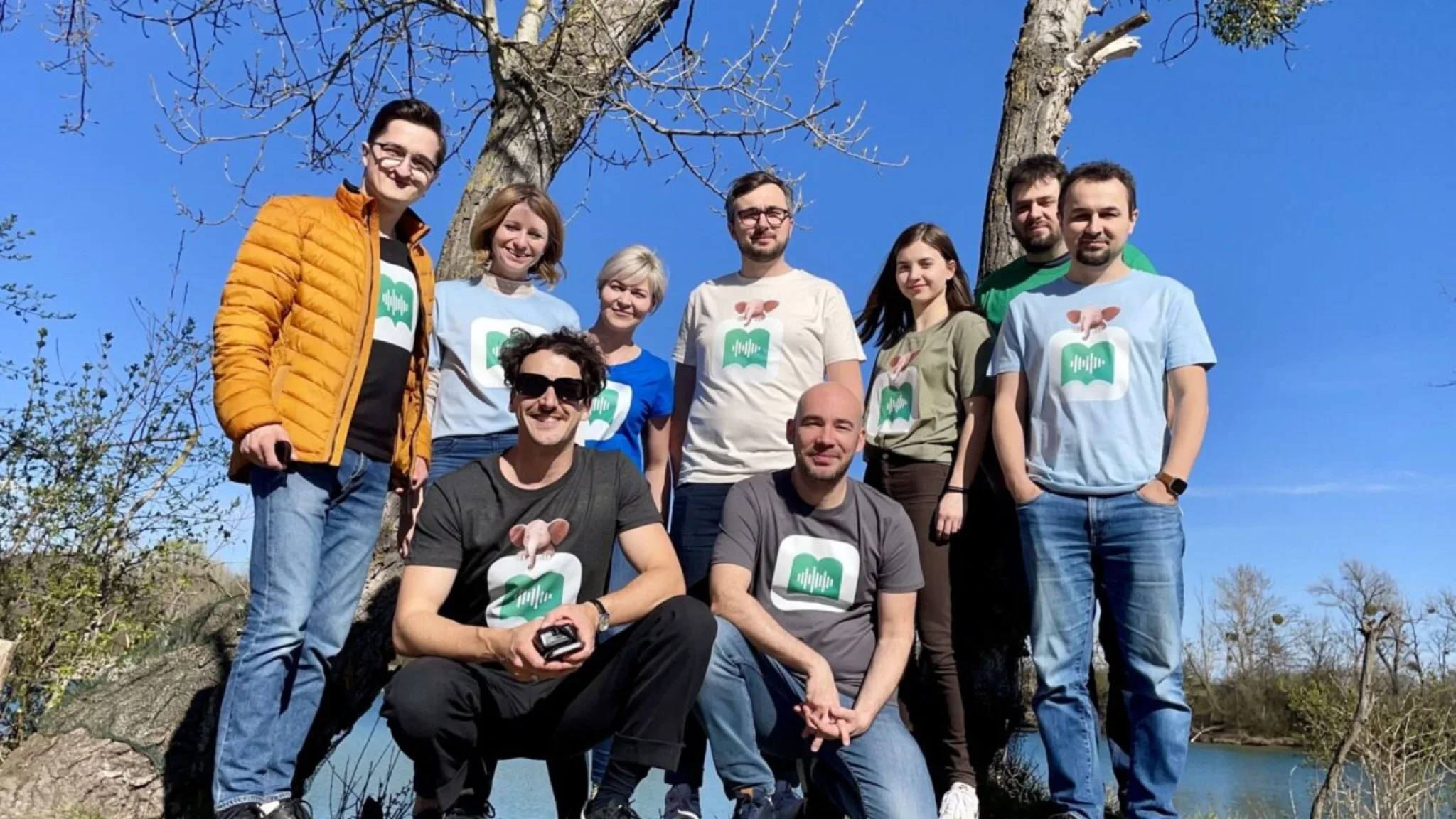Latest news
Explore more
Spanish Kembara raises €750M in first close to invest in Europe’s deeptech scaleups
After two years operating in stealth, the fund is now actively investing in science and engineering companies at the critical Series B and C stages to scale.

Czech fairy tale app Readmio secures €1M to drive global expansion
The €1 million round was led by Simpact Ventures, with support from ZAKA VC, Zero One Hundred, and DEPO Ventures.

Romanian startup Kinderpedia secures €2.2M to expand AI-powered school platform globally
The funding round was led by Simpact Ventures with participation from existing investors Early Game Ventures and ROCA X.